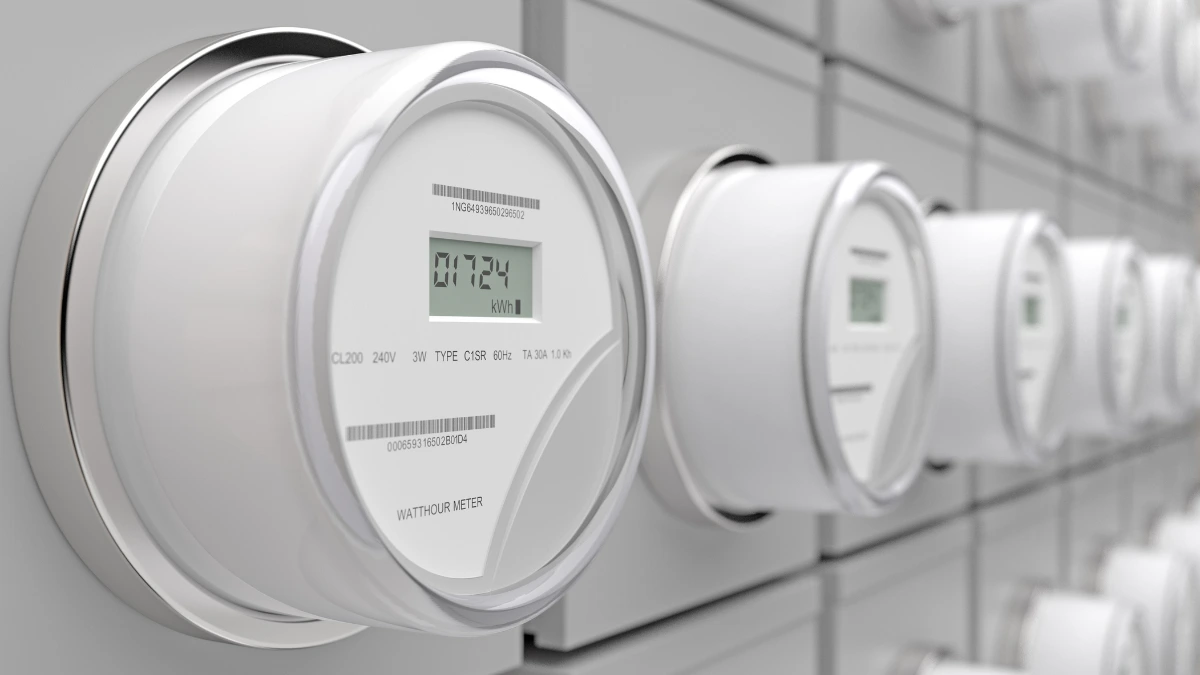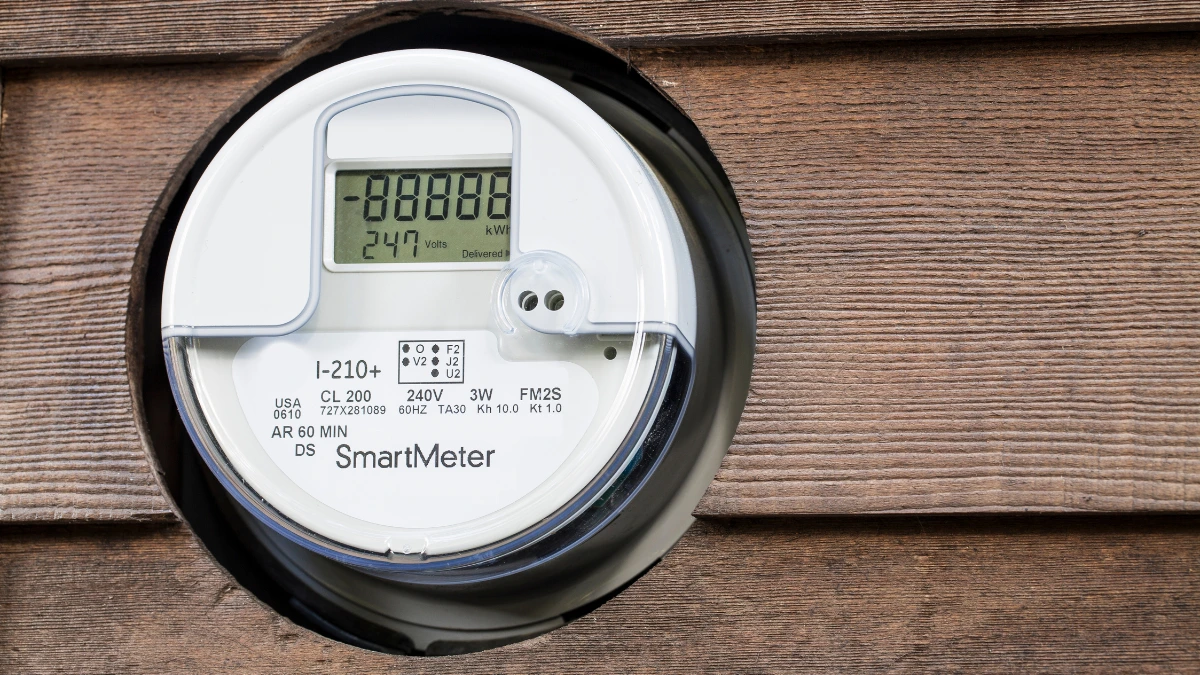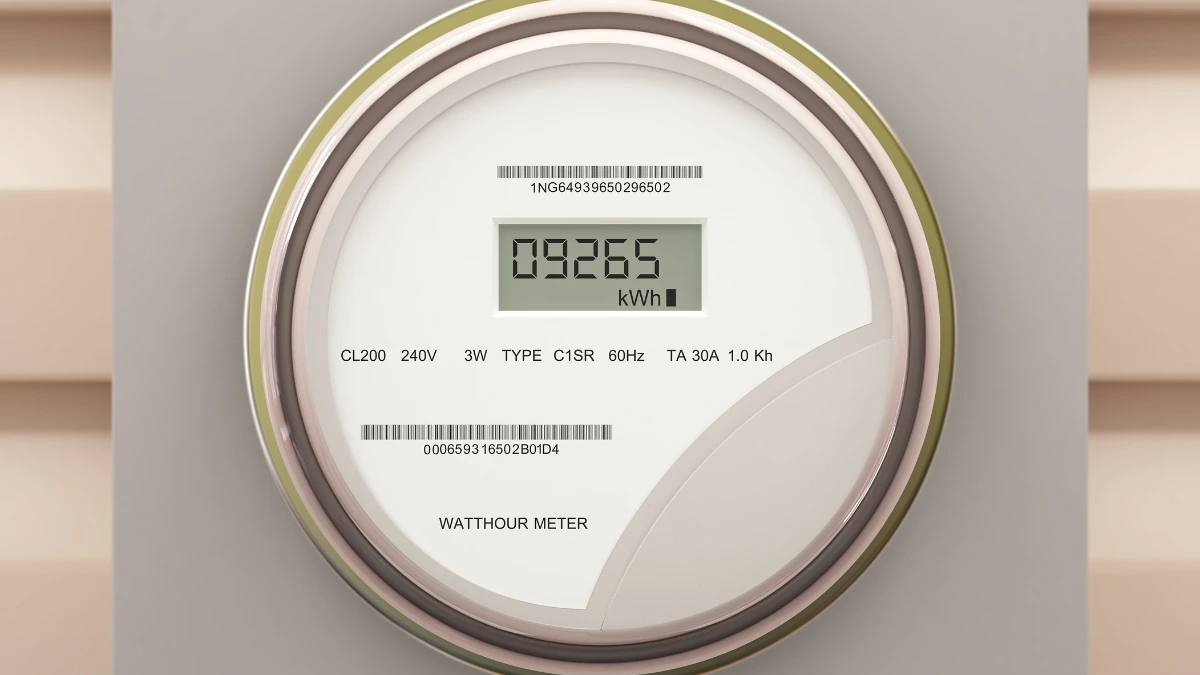Smart water meter provides many benefits, especially with various features that they have. However, the advantages and disadvantages of smart water meters cannot be separated even though we can feel the benefits.
The advantages and disadvantages of smart water meter include real-time monitoring, high measurement accuracy, potential data security, and higher initial cost.
This article will inform you about some of the advantages and disadvantages of smart water meters as your consideration before deciding to use it.
The Advantages and Disadvantages of Smart Water Meter
Smart water meters have advantages such as high measurement accuracy, faster leak detection, and improved water usage efficiency. However, there are also disadvantages such as potential data security and higher initial costs. Here are the advantages and disadvantages of smart water meters in detail:
The Advantages of Smart Water Meter

Here are some of the advantages of using a smart water meter:
1. Real-time water usage monitoring
Using a smart water meter provides the benefit of being able to monitor their water usage in real-time. You can directly monitor water usage through the application or portal provided. That way you can identify usage patterns and optimize your water consumption.
With the ability to record water usage data in real time, you can also detect leaks in pipe installations more quickly.
By knowing real-time water usage you can also save expenses if needed and if there is damage it can be repaired immediately and water costs can be reduced.
2. High measurement accuracy
Smart water meters use advanced technologies such as ultrasonic to measure water flow with more precision. With this tool, you can reduce the potential for measurement errors and improper billing.
The use of digital technology in smart water meters reduces human error in meter readings. With an automatic reading system on smart water meters, of course, it reduces the need for human intervention, thereby reducing the risk of errors and making measurements more efficient.
3. Ease of payment
With notifications on smart water meters that can help reduce waste, of course, it makes it possible to control operational costs in water use. Accurate readings of water consumption also of course avoid inappropriate bills from water supply services.
The system on this device can be integrated with a prepaid system, making it easier for users to make payments and avoid arrears.
4. Improve water use efficiency
With more accurate and real-time water use information, users can be more aware of their water use and take steps to save water.
Smart water meters also make it possible to help optimize water distribution and improve the efficiency of the piping system. By helping to save water and improve efficiency, Smart Water Meters contribute to the sustainable use of water resources.
The Disadvantages of Smart Water Meter

Here are some of the disadvantages of using a smart water meter:
1. Potential data security
One of the unavoidable drawbacks of the Internet of Things (IoT) is the potential for data security. This is of course if you use a smart water meter there will be potential security risks that are vulnerable to cyber attacks or misuse of information.
2. Higher initial cost
With the features and advantages offered, of course, the price of smart water meters tends to be more expensive compared to conventional water meters. You need to prepare a larger initial investment for the installation of this tool.
3. Potential signal interference
With IoT technology, of course, smart water meters require cellular networks. This can cause the data transfer you need can be disrupted if the signal in your place is weak.
4. Disruption of meter performance
Another disadvantage of using smart water meters is that problems with electronic components occur, and the performance of the meter can be disrupted. This can be caused if the device is not properly maintained.
Those are the advantages and disadvantages of smart water meters that you can consider before deciding to use them. When you choose a smart water meter you can feel all the advantages from high measurement accuracy, faster leak detection, and improved water usage efficiency.
However, don’t forget to make a consideration of the disadvantages which are potential data security, higher initial costs, and potential signal interference.
Another thing to note is that smart water meters on the market use Bluetooth or WiFi technology, this technology must pass the certification test from the Directorate General of Digital Infrastructure (DJID).
With this certification, users can feel calm about using a smart water meter device whose quality and security are guaranteed. For manufacturers or importers of smart water meter devices, obtaining certification from DJID is a mandatory step before the device can be officially marketed in Indonesia.
To simplify the certification process, we are available to assist with this process as a reliable solution. [UN]

